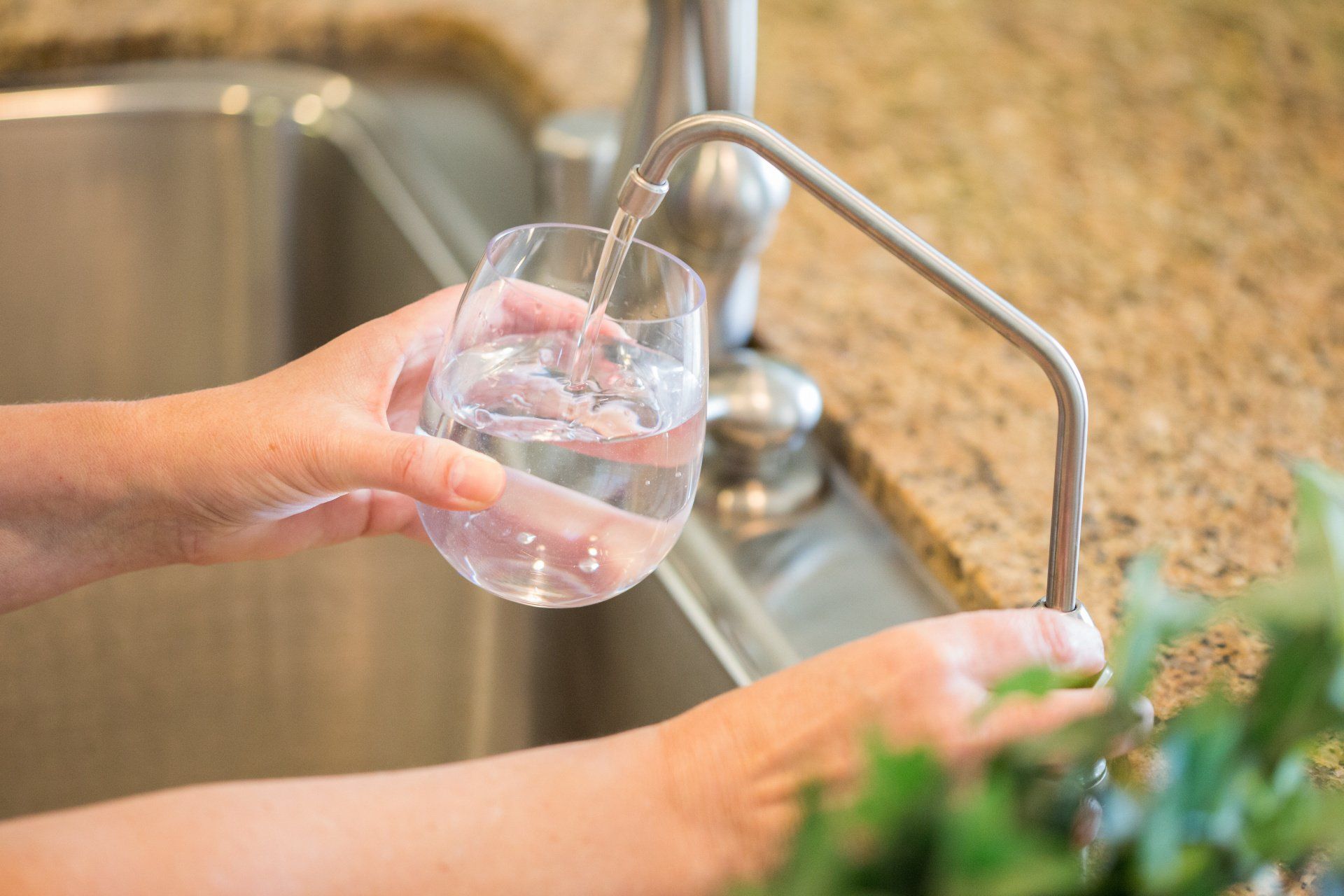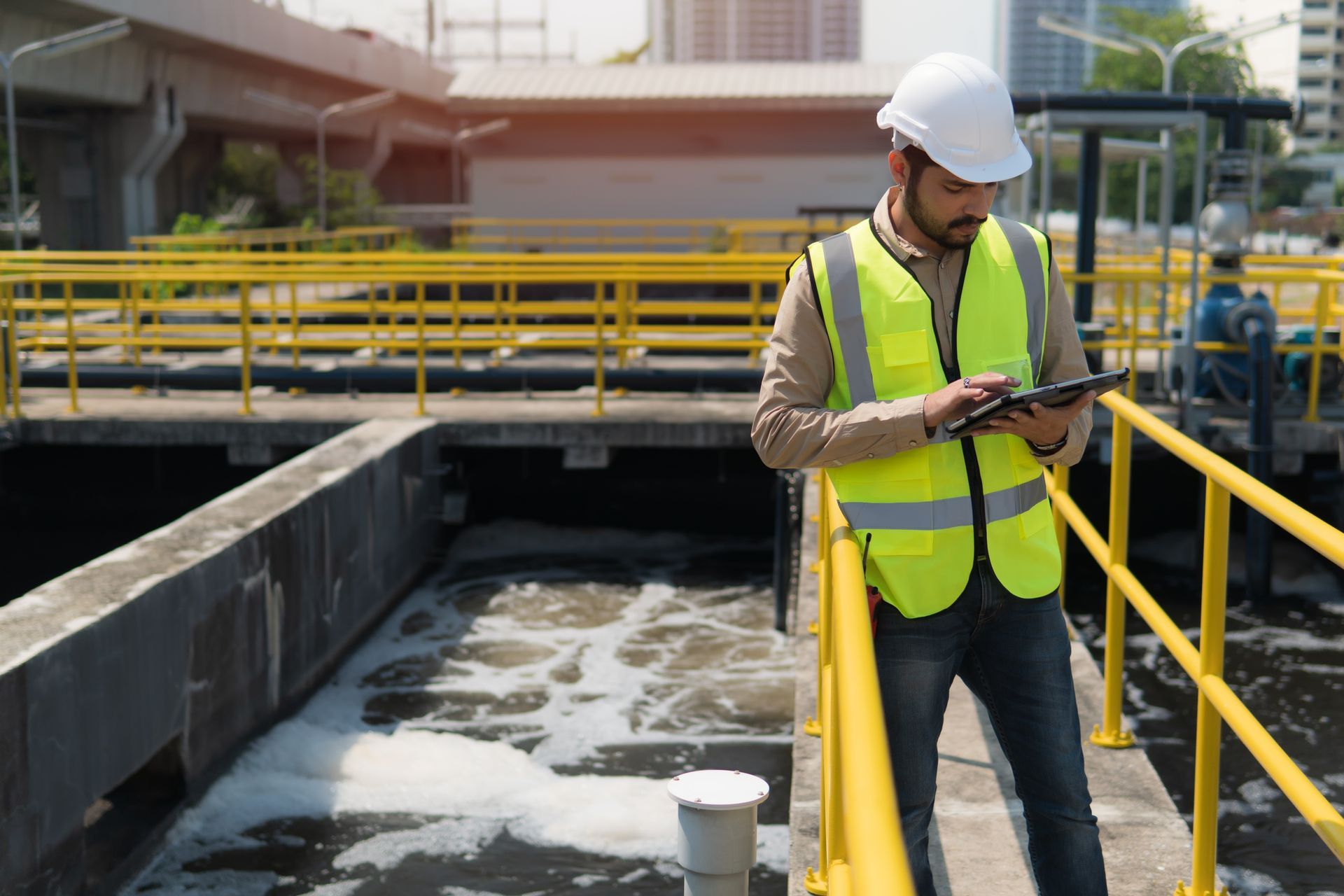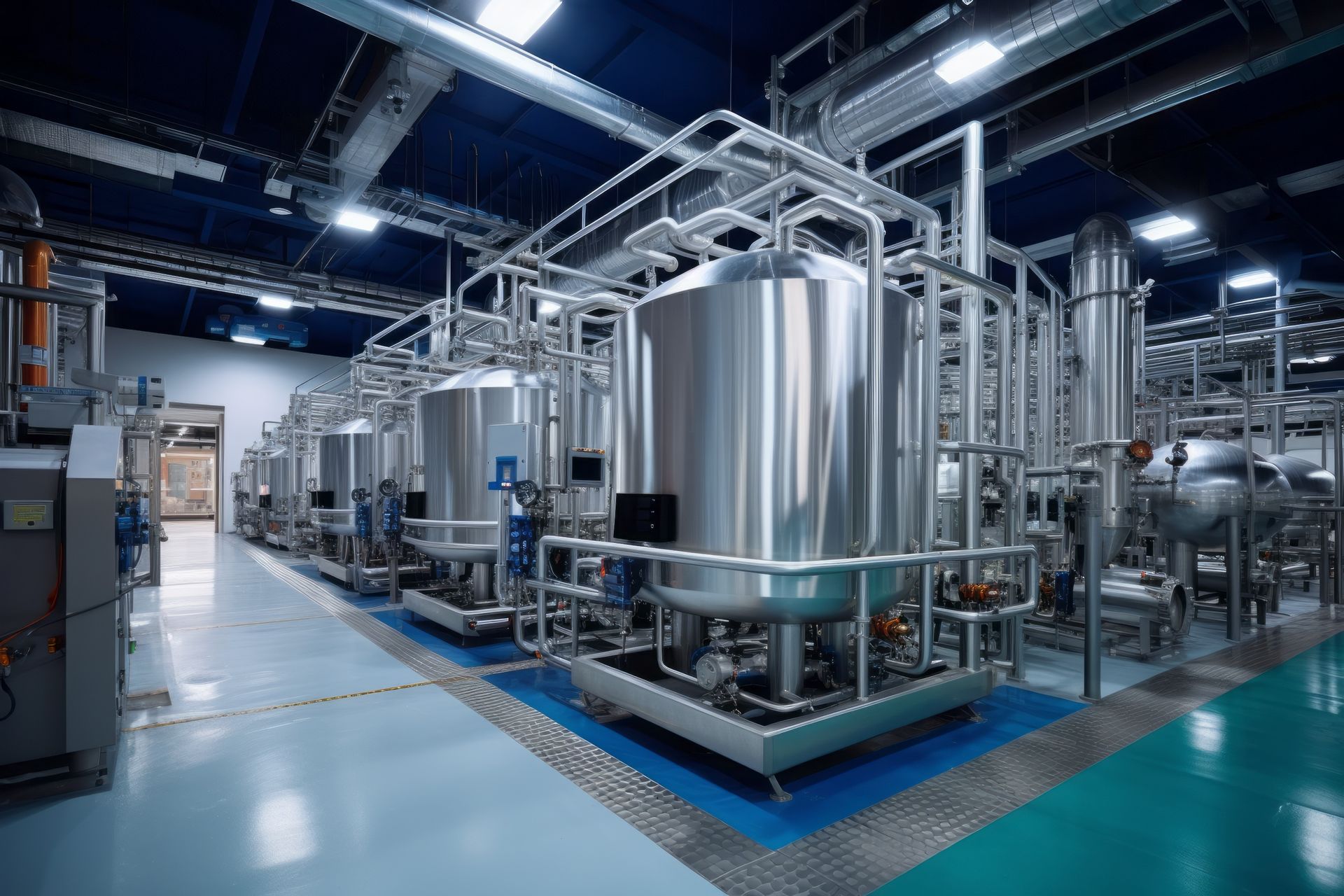Call Today for a FREE Quote
(404) 419-6887
Tap Water vs. Reverse Osmosis Water: Which Is Safer?

Many people prefer drinking bottled water because they believe it is cleaner than tap water and reverse osmosis water, but all three options are safe to drink. Besides being safe to drink, tap water and RO (reverse osmosis) water are better choices for anybody looking to be environmentally friendly.
What Is Tap Water?
Tap water is water that comes from the faucets and shower heads in your home. It’s the potable water every household gets from local municipal water providers. Many people take their tap water for granted and rarely, if ever, think about where the water comes from before it reaches their faucet.
Surface Water
Surface water is fresh water taken from natural bodies of water like lakes, springs or rivers. Surface water from Lake Lanier, Lake Allatoona and the Chattahoochee River is the primary source of Atlanta tap water.
Groundwater
Groundwater is fresh water that comes from below the ground. There is a large amount of water trapped in the Earth’s crust because water seeps through soil and rock thanks to gravity. This groundwater is accessed through water pumps and wells.
It’s notoriously difficult to reach groundwater in parts of northern Georgia and the Atlanta metro area due to large underground rock formations.
Sea Water
People rarely realize the sea can be a source of drinking water because humans need fresh water for the kidneys to function properly. Once the salt is removed, and the water is treated, the sea’s water can become potable. Unfortunately, the process of desalinization is often cost prohibitive, making it one of the less frequently utilized sources for tap water.
Is Tap Water Safe?
Water from any of the previous listed sources must be treated before it is safe for human consumption. Water treatment involves removing pollutants like dirt and bacteria.
The first step of the water treatment process uses a basin to separate sediments from the water. After large particles have been removed, the water needs to be purified through a process called filtration. Filtration removes any remaining sediments and bacteria. The water is then disinfected using low levels of chlorine to kill any pathogens and potentially hazardous impurities.
The amount of chlorine in Georgia tap water is low enough that the water is safe to drink.
Guidelines for Safe Tap Water
There are guidelines that must be followed when treating water. One of them is having a pH value between 6.5 and 8.5. pH levels are measured on a 0 through 14 scale. These measurements determine whether something is considered an acid or base. On the pH scale, seven is neutral, and anything below seven is considered acidic. Bases have a pH level above seven.
Tap water should be clear, and the number of dissolved solids should be between 50 and 150 parts per million.
What Is Reverse Osmosis Water?
Reverse Osmosis is a process like desalination that removes impurities from water. Reverse osmosis uses pressure to separate water from impurities like salt. Pressure forces the water through a semipermeable membrane to filter it.
What Is a Semipermeable Membrane?
In biology, a semipermeable membrane is a membrane—or barrier—that only allows certain molecules to permeate—or pass through—during the process of osmosis. Reverse osmosis is applying pressure to send water through a membrane that is only permeable to the hydrogen and oxygen molecules, which leaves other undesired molecules behind.
Tap Water vs. Reverse Osmosis Water
Tap water treatment is done in large treatment facilities where chemicals and various physical processes are used to make water safe to drink. Reverse osmosis relies on semipermeable membranes to clean the water.
The processes aren’t mutually exclusive. Many homeowners get treated tap water from the city that then goes through their own reverse osmosis system for even cleaner, better tasting water.
Committed to Returning Clean Water to the Georgia Ecosystem
As the greenest grease trap cleaning and fryer oil recycling company in Atlanta, Southern Green is committed to helping others live green and reduce their carbon footprint.
Businesses that use Southern Green Industries can trust any wastewater removed from their grease traps is thoroughly treated at our own high-quality water treatment plant.
If you would like to learn more about our grease trap cleaning services, or wish to schedule one-off or regular grease trap cleanings for your restaurant, call us at (404) 419-6887.
Recent Blog Posts
Contact us Today for a FREE Quote
We are committed to making grease trap cleaning and fryer oil recycling as clean and easy as possible. If you’d like to learn more about our services or get a quote, give us a call at (404) 419-6887.
Southern Green Industries is an Atlanta owned and operated grease trap cleaning and fryer oil recycling company operating in Atlanta and throughout the entire state of Georgia.
All Rights Reserved | Southern Green Industries | Built by REV77



